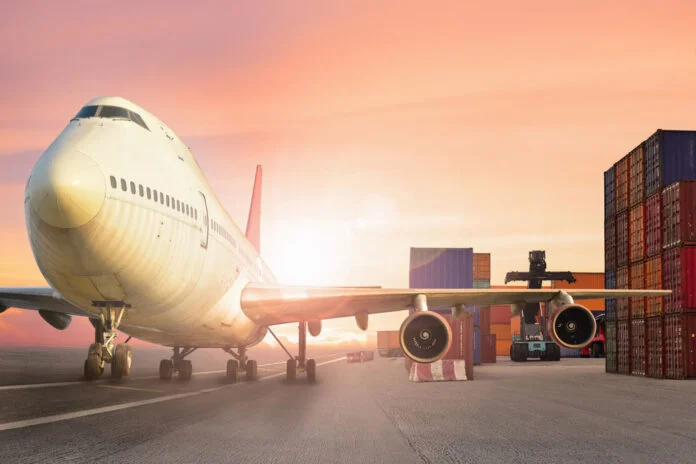In the vast tapestry of global commerce, air freight has emerged as a pivotal force, enabling the swift movement of goods across borders. Within this landscape, India’s air cargo industry has witnessed a remarkable ascent, propelled by the country’s economic vibrancy and the increasing integration of its businesses into the global supply chain.
The Rise of Air Freight in India:
India, with its burgeoning economy, has become a key player in the international trade arena. The demand for timely and efficient transportation of goods has grown in tandem with the expansion of the country’s industrial and commercial activities. Air freight has become the linchpin in meeting these demands, offering unparalleled speed and reliability compared to other modes of transportation.
Diverse Stakeholders in the Air Cargo Sector:
The air cargo sector in India boasts a diverse array of stakeholders, each contributing to the sector’s growth in distinct ways. From independent freight forwarders to integrated logistics providers, the industry is a mosaic of enterprises catering to a spectrum of cargo needs.
The air cargo companies in India play a pivotal role. Their fleets of cargo planes crisscross the skies, connecting Indian businesses to markets worldwide. These carriers leverage a combination of passenger and dedicated freighter aircraft to ensure a seamless flow of goods, both domestically and internationally.
Challenges in the Air Cargo Landscape:
As the air cargo industry in India continues to soar, it grapples with several challenges. Infrastructure limitations at airports, regulatory complexities, and the need for harmonized customs procedures are significant hurdles that demand attention. Addressing these challenges is crucial for sustaining the momentum of growth in the sector.
Opportunities for Innovation and Collaboration:
The challenges faced by the air cargo industry in India also present opportunities for innovation and collaboration. Investments in modernizing airport infrastructure, adopting digital technologies for cargo tracking, and embracing data analytics for predictive maintenance can enhance operational efficiency. Furthermore, collaboration between industry stakeholders, including government bodies, can foster a conducive environment for growth.
Government Initiatives to Propel the Sector:
Recognizing the strategic importance of logistics for economic development, the Indian government has rolled out initiatives to bolster the air cargo sector. Policies such as the National Civil Aviation Policy (NCAP) aim to streamline regulations and enhance connectivity. Additionally, the focus on developing regional airports underscores a commitment to decentralize air cargo operations, easing the burden on major hubs.
Navigating the Future:
As India’s air cargo industry charts its course for the future, technology and innovation will play a central role. Automation in cargo handling, utilization of unmanned aerial vehicles (UAVs) for last-mile deliveries, and the integration of blockchain for secure and transparent transactions are among the avenues that hold promise.
Moreover, fostering a culture of sustainability within the air cargo sector is imperative. The industry must explore eco-friendly alternatives for fuel and adopt greener practices to align with global efforts toward environmental stewardship.
Conclusion
The narrative of air freight in India is one of growth, challenges, and boundless potential. The sector’s evolution is intricately woven into the fabric of the nation’s economic aspirations, and as it continues to navigate the skies of trade, collaboration, innovation, and a steadfast commitment to addressing challenges will be the guiding stars.

